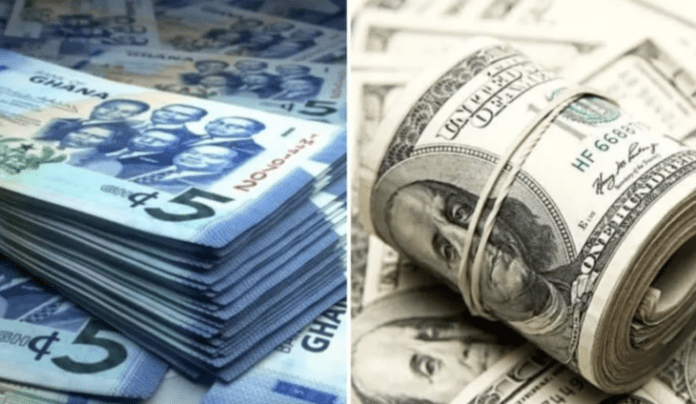Governor of the Bank of Ghana (BoG), Dr Ernest Addison, has said that the foreign exchange market came under some seasonal pressures in February and early March 2024.
However, he said, the Ghana cedi continues to recover its value.
The pressures, he explained, emanated mainly from the strengthening of the United States dollar in international markets, and payments made for the energy and corporate sectors.
These were compounded by delays and uncertainties associated with the second tranche of the cocoa loan inflow and the World Bank’s disbursement of Budget Support, he said.
Dr Addison however assured that these pressures have been mitigated somewhat by continued inflows from remittances and mining companies, and from the Domestic Gold Purchase Programme.
More banks in Ghana are well capitalized – Governor Addison assures
“The foreign exchange market came under some seasonal pressures in February and early March 2024, but the Ghana cedi continues to recover its value. The pressures emanated mainly from the strengthening of the US dollar in international markets, and payments made for the energy and corporate sectors. These were compounded by delays and uncertainties associated with the second tranche of the cocoa loan inflow and World Bank’s disbursement of Budget Support. These pressures have been mitigated somewhat by continued inflows from remittances and mining companies, and from the Domestic Gold Purchase Programme. In the year to 20th March 2024, the Ghana cedi recorded a depreciation of 6.8 percent against the US dollar.
“In the year to 20th March 2024, the Ghana cedi recorded a depreciation of 6.8 percent against the US dollar,” he said while addressing the 117th Monetary Policy Committee (MPC) press conference in Accra on Monday, March 25. The MPC kept the policy rate at 29%. Dr Addison indicated that although inflation dropped marginally in February, the committee decide to monitor further the trends hence the decision to keep at that rate.
In the domestic economy, Dr Addoson further stated, the growth outturn for 2023 was stronger relative to target.
The fourth quarter Gross Domestic Product (GD) growth of 3.8 percent was driven by all three sectors.
“The updated CIEA also improved further in January, following the upturn in December
2023, affirming the rebound in economic activity. This was supported by broad
improvements in sentiments, amid improvement in the Purchasing Managers’ Indices (PMIs) reflecting some uptick in business purchasing activity and new orders. Private sector credit, however, remained sluggish explained by the risk aversion of banks as asset quality weakened over the period.
“External sector conditions remain positive, with improving reserve buffers. This notwithstanding, the exchange rate came under strong demand pressures in the first
few months of the year. Looking ahead, however, inflows from the World Bank, the
tight monetary policy stance, and a weaker US dollar from potential policy rate cuts
in the US, are expected to support the relative stability of the Ghana cedi.”


